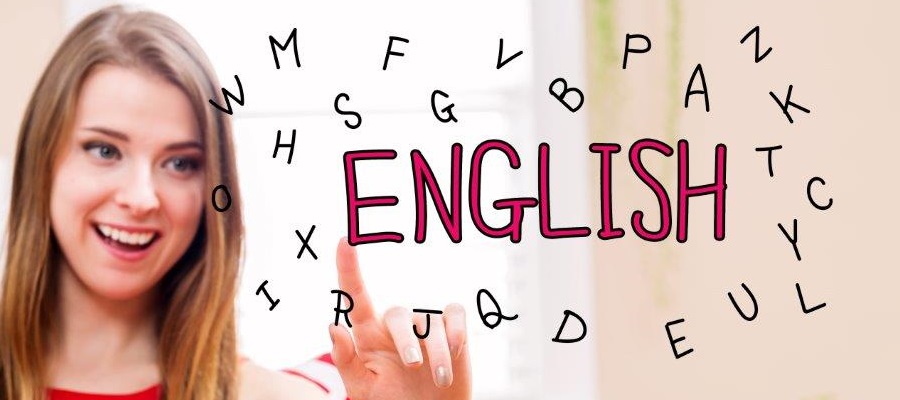UNESCO chose April 23 – the day of Shakespeare’s birth and death – as the date for English Language Day. It is a wonderful opportunity to remember and promote1 the importance of the language considered to be the world language of modern time!
ENGLISH IS IMPORTANT.
Our planet has shrunk2. Thanks to modern technologies, we can easily get in touch with people all over the globe in no time. Modern ways of transportation help us reach almost any place in the world. We no longer communicate only with people living in our immediate community! It is only logical that people try to make communication easier by finding a language which could be acceptable to as many people as possible. The English language has become a world language because of its history. And hey, the good news is that you are learning it! Isn’t that the motivation you need to become more hard-working students?
ENGLISH IS EASY.
Unfortunately, our native language doesn’t belong to the group of languages many people want to learn. So we have to learn foreign languages – the sooner, the better3. The English language seems to be a good choice not only because of its importance but also because it’s rather simple. If you compare English with the other languages you can learn, you will probably come to the conclusion that the grammar, vocabulary and whole system is not that complicated. Moreover, the beauty of it is that you don’t need to be a language expert to communicate successfully. Just think of the millions of people all over the world whose English isn’t perfect and yet4 they can understand each other!
ENGLISH IS FUN.
The English language is amazing. You can say a lot using very few words. Did you know that German companies prefer English in business meetings? They have found out that it can save time. The author of this article has recently come across5 an expression that can leave any linguistic fan in pure ecstasy. It was a description of a book, and it said: “The book was unputdownable.” Now, think about it for a while and try to translate the sentence into your mother tongue. Make sure it is both precise6 and natural. See how many words you’ve used?
Now, to have more fun with English, how about trying some of its tongue twisters7?
• She sells seashells.
• A big black bug bit a big black dog.
• Peter Piper picked a peck of pickled peppers. A peck of pickled peppers Peter Piper picked. If Peter Piper picked a peck of pickled peppers, Where’s the peck of pickled peppers Peter Piper picked?
ACTIVITIES
• What is(are) the other foreign language (languages) you learn? Can you compare it (them) with English?
• Can you speculate on how English has become a world language? Compare your ideas with the rest of the class.
• When did you last use English outside your class? How successful was your communication?
Miroslava Dubanová
Vocabulary: 1 propagovať – propagovat; 2 scvrknúť sa – scvrknout se; 3 čím skôr, tým lepšie – čím dříve, tím lépe; 4 predsa – přece; 5 naraziť na – narazit na; 6 presný – přesný; 7 jazykolamy

